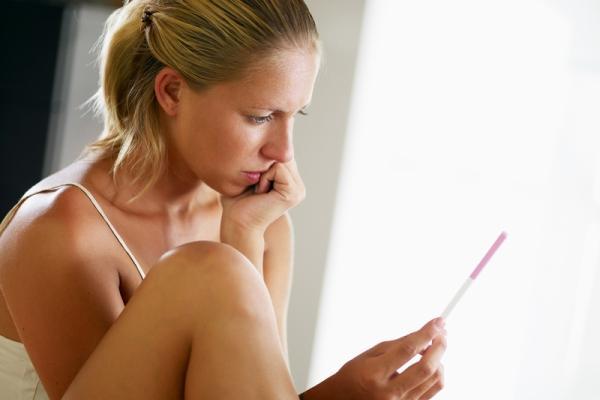Egg Donors Don't Hurt Chances of Later Pregnancy, Study Finds

Get the world’s most fascinating discoveries delivered straight to your inbox.
You are now subscribed
Your newsletter sign-up was successful
Want to add more newsletters?

Delivered Daily
Daily Newsletter
Sign up for the latest discoveries, groundbreaking research and fascinating breakthroughs that impact you and the wider world direct to your inbox.

Once a week
Life's Little Mysteries
Feed your curiosity with an exclusive mystery every week, solved with science and delivered direct to your inbox before it's seen anywhere else.

Once a week
How It Works
Sign up to our free science & technology newsletter for your weekly fix of fascinating articles, quick quizzes, amazing images, and more

Delivered daily
Space.com Newsletter
Breaking space news, the latest updates on rocket launches, skywatching events and more!

Once a month
Watch This Space
Sign up to our monthly entertainment newsletter to keep up with all our coverage of the latest sci-fi and space movies, tv shows, games and books.

Once a week
Night Sky This Week
Discover this week's must-see night sky events, moon phases, and stunning astrophotos. Sign up for our skywatching newsletter and explore the universe with us!
Join the club
Get full access to premium articles, exclusive features and a growing list of member rewards.
Women who donate eggs aren't harming their chances of later becoming pregnant, a new study from Belgium finds.
Out of a group of 60 women who had donated eggs, 54 later became pregnant within a year of trying to conceive, and three more women became pregnant within 18 months of trying to conceive, all without reproductive assistance, the findings showed.
The remaining three women in the study became pregnant with the help of fertility treatments. For two of these women, the treatments were needed due to fertility problems in their male partner.
Women who donate eggs are treated with hormones that ramp up their ovaries' egg production, and previous studies had suggested that fertility problems might follow in the wake of these hormone treatments, according to the study. However, these previous studies had flaws in their design, so a more robust look at the issue was needed.
The question of how egg donation may affect future fertility is important not only for those who donate eggs to others, but also for women considering freezing their eggs to delay childbearing, the researchers said.
In the new study, researchers asked 194 women who had donated eggs at a fertility center in Belgium questions regarding their attempts to become pregnant. On average, the women's age at the time of their egg donation was 29, and their age at the time of the telephone survey was 34.
There were limitations to the study, the researchers said. Egg donors are a select group of women — women with fertility problems are unlikely to be able to participate. Further, while the findings suggest that women's fertility after donating eggs is unaffected in the short-term, longer-term studies are needed to look at the possibility that the ovaries of these women age faster than usual, the researchers wrote.
Get the world’s most fascinating discoveries delivered straight to your inbox.
The researchers noted that there is some evidence that the egg donation procedure, which involves puncturing the ovary, may cause the immune system to produce anti-ovary antibodies, and that higher levels of these antibodies have been seen in infertile women. Still, other studies have suggested that increase does not affect egg production, the researchers said.
The researchers noted that 16 percent of the women in the study reported changes in their menstrual cycle after egg donation, although none of these women reported fertility problems.
The study was published online March 29 in the journal Fertility and Sterility.
Pass it on: Egg donation does not harm a woman's chances of later becoming pregnant, a new study finds.
This story was provided by MyHealthNewsDaily, a sister site to LiveScience. Follow MyHealthNewsDaily on Twitter @MyHealth_MHND. Find us on Facebook.
 Live Science Plus
Live Science Plus











